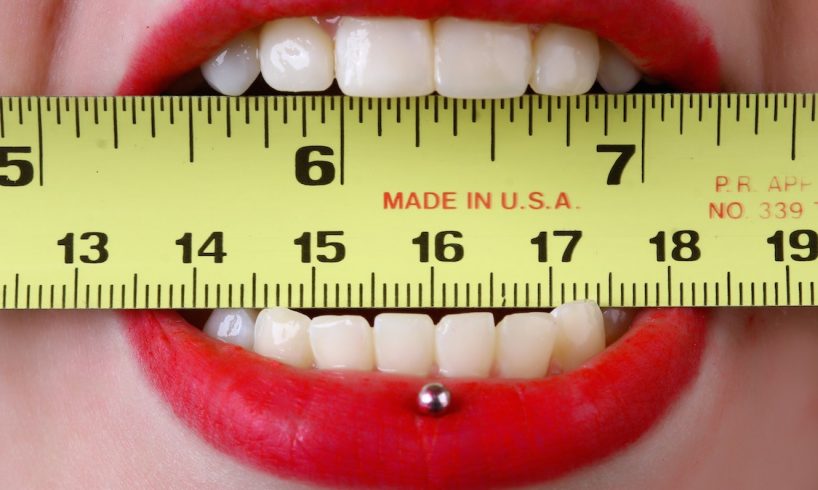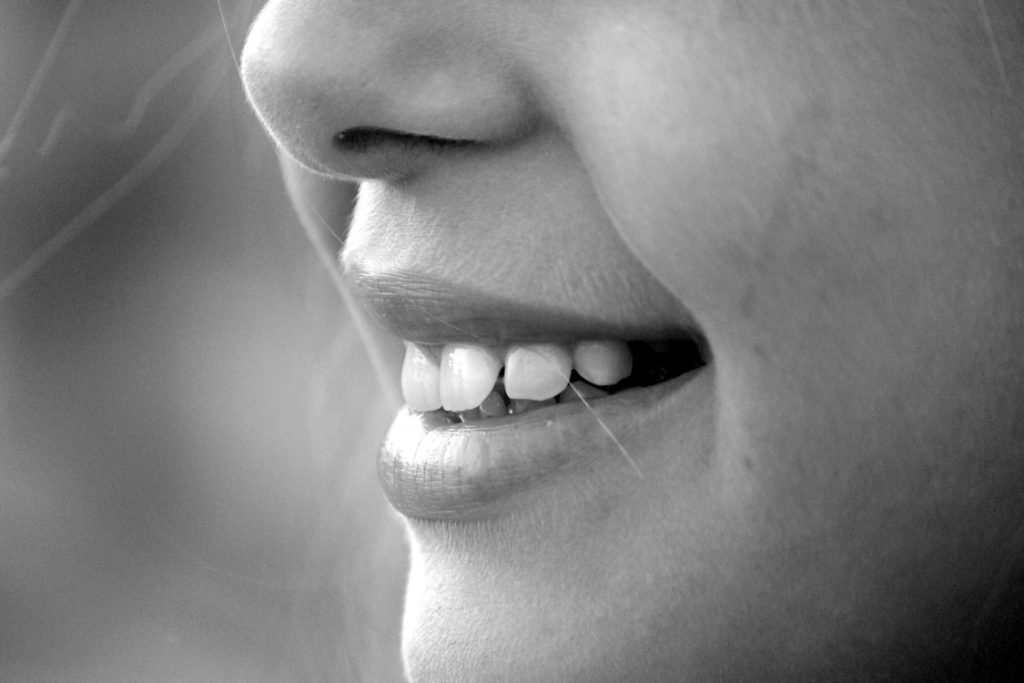
Dental cleanings help to prevent plaque and bad breath. They also prevent cavities and gum disease. Moreover, they can eliminate built-up stains and germs. Regular cleanings also help in maintaining oral hygiene, thus preventing plaque and bacterial infections. So, if you are not regularly brushing your teeth, it is best to visit a dentist.
Dental cleanings prevent bad breath
Regular dental cleanings are essential for preventing bad breath. A dirty mouth harbors bacteria that multiply. This can make social situations uncomfortable, including awkward dates. A dentist can identify the cause of bad breath and recommend a treatment plan. Most people with bad breath have leftover food particles stuck between their teeth and gums. As food remains in the mouth, bacteria can multiply and produce foul-smelling gases.
A dentist’s cleaning can help to remove plaque and tartar, which are two common causes of bad breath. Plaque is essentially a layer of bacteria that builds up on the teeth. A thorough cleaning will help to remove this layer, which can improve a person’s breath. A professional cleaning can also prevent gum disease and cavities.
Another way to prevent bad breath is by brushing your teeth regularly and visiting the dentist regularly. Regular brushing and flossing will help remove the harmful bacteria in the mouth. In addition to brushing and flossing daily, routine cleanings will remove any tartar and plaque that have built up over time. Proper oral hygiene can prevent bad breath, but even proper oral hygiene may not be enough.
Bad breath can affect your confidence, especially if it’s persistent and severe. It can affect children and teenagers, but it can also be a result of underlying medical conditions. Visiting the dentist every six months will help to eliminate any underlying causes of bad breath. A dentist’s visit can help you to feel better about your appearance and prevent any further problems from developing.
Periodontal disease is one of the major causes of bad breath. If left untreated, it can cause pockets around your teeth that harbor bacteria and odor. Professional treatment will help to eliminate these pockets, as well as help prevent further infection. Your dentist will also smooth out the roots of your teeth to prevent bacteria from latching onto them. Palmetto Kids has a roster of excellent and highly skilled dentists to treat your teeth, read their reviews here.
They prevent cavities

Professional teeth cleanings are a key part of a good oral health regimen. While daily oral hygiene is important, regular dental cleanings can help prevent cavities and gum disease. Professional cleanings are especially helpful because dentists can clean areas of the mouth that are difficult to reach. This helps to prevent the development of cavities that may not otherwise be visible to the naked eye.
These cleanings not only eliminate tartar deposits, but they also strengthen tooth enamel and support a healthy mouth. They also smooth out the surface of the teeth, which make them less susceptible to harmful bacteria. A professional will also provide you with tips on how to care for your teeth and gums. They can even take X-rays and perform fluoride treatments if they see fit.
A professional teeth cleaning is best done at least twice a year. You should also see your dentist for regular X-rays and other exams. Your dentist may also perform molar sealants, which can prevent cavities in areas that are difficult to reach. You may also want to visit a dentist if you have a history of cavities or gum disease.
The final step in a professional teeth cleaning involves fluoride treatment. This treatment can help protect your teeth from cavities for several months. Some practices even let you choose what kind of fluoride to use. The fluoride treatment will consist of a paste or a foamy gel that is inserted into a mouthpiece. It stays on the teeth for about one minute. In addition, a small brush will be used to apply a fluoride varnish to your teeth. This coating becomes harder when in contact with saliva and isn’t affected by eating or drinking.
The best way to prevent cavities is to brush and floss your teeth regularly. These procedures also help you maintain a healthy biofilm that protects teeth from cavities. Without these cleanings, bacteria can cause tooth decay and gum disease. If left untreated, these problems can eventually lead to tooth loss and even cardiac problems.
They prevent gum disease
The purpose of professional teeth cleanings is to remove plaque, a film made up of bacteria that causes tooth decay. The bacteria that live in this film produce acids which can destroy your teeth and gums. Left untreated, gum disease can spread to other parts of the body and eventually lead to more serious problems.
In order to prevent gum disease, you should visit your dentist regularly to have your teeth cleaned. Deep cleanings, also known as scaling, remove the buildup of bacteria and plaque in pockets between the gums and teeth. Over time, these pockets can become so plugged with bacteria that they can cause bleeding, infection, and bone damage.
During a dental exam, your dentist will look for signs of decay, loose restorations, and gum disease. Your gum health is directly connected to the health of your smile, and if they are unhealthy, your teeth will show it. It is also important to understand that gum disease can be reversible. Some signs of this condition include bleeding when you brush or floss, or irritated gums.
Routine dental cleanings are a valuable complement to home dental care. A professional cleaning refreshes the protective biofilm that protects your teeth from gum disease and cavities. If you skip cleanings, you may start to notice signs of inflammation when brushing or flossing your teeth. This inflammation can lead to tooth loss if left untreated.
Professional teeth cleanings also help to treat periodontitis, the inflammation of the gums caused by gum disease. Regular cleanings can reduce the severity of the inflammation and prevent the inflammation from returning. However, they are not a cure for gum disease or tooth decay. The best way to prevent gum disease is to keep yourself as healthy as possible by brushing your teeth regularly.







